Search
Did you mean: Samo?
Search Results
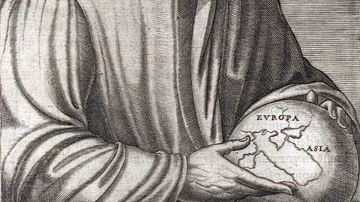
Image
Strabo
A 16th century CE engraving depicting Strabo, the Greek geographer and historian (c. 64 BCE - c. 24 CE). (Potraits from the Dibner Library of the History and Science of Technology)

Article
The Egyptian Cinderella Story Debunked
The story of Cinderella is one of the most popular in the world. In the west, it has enjoyed a continuous following since its revision and publication by Charles Perrault in 1697 CE but the tale of the young heroine, unjustly forced into...
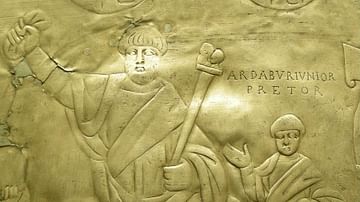
Article
The Isaurians and the End of Germanic Influence in Byzantium
Germanic influence reigned in the Roman Empire from the end of the 4th century CE through the 5th. Germanic individuals took important posts in the government and the military, and Germanic tribes penetrated ever further into lands that had...
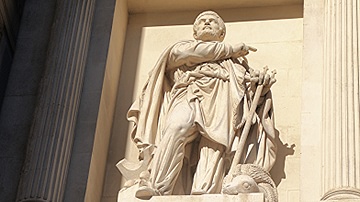
Article
On the Ocean: The Famous Voyage of Pytheas
Sometime around 330 BCE, Pytheas, a little-known Greek merchant, embarked on an astonishing voyage. It was a voyage that would take him far beyond the known boundaries of the Mediterranean, into lands thought to exist only in myth and legend...
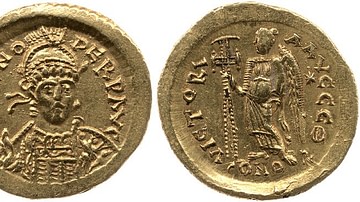
Definition
Emperor Zeno
Zeno was Byzantine emperor from 474 until 491 CE. An ethnic Isaurian, Zeno was repeatedly criticized as an outsider during his reign, which was full of rebellions and attacks by the Ostrogoths. He is best known for his failed attempt to compromise...
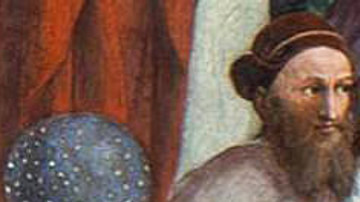
Definition
Hipparchus of Nicea
Hipparchus of Nicea (l. c. 190 - c. 120 BCE) was a Greek astronomer, geographer, and mathematician regarded as the greatest astronomer of antiquity and one of the greatest of all time. He is best known for his discovery of the precession...
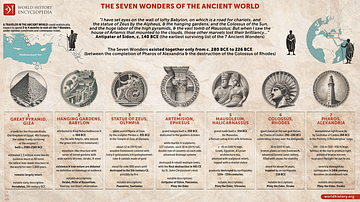
Definition
The Seven Wonders
The Seven Wonders of the Ancient World were seven impressive structures famously listed by ancient writers including Philo of Byzantium, Antipater of Sidon, Diodorus Siculus, Herodotus, Strabo, and Callimachus of Cyrene, among others. The...
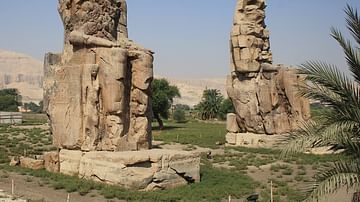
Definition
Colossi of Memnon
The Colossi of Memnon (also known as el-Colossat or el-Salamat) are two monumental statues representing Amenhotep III (1386-1353 BCE) of the 18th Dynasty of Egypt. They are located west of the modern city of Luxor and face east looking toward...

Definition
Parthian Culture
Stretching between China and India in the east to the Mediterranean in the west, Parthia ruled over one of the widest expanses of empire in its time and Parthian culture flourished for 500 years (247 BCE to 224 CE). While known for their...
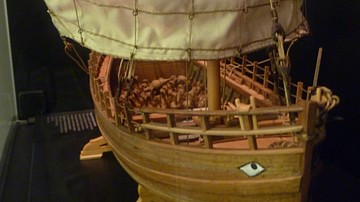
Definition
Hamaxia
Hamaxia (now known as Sinek Kalesi or Sinekkalesi, near the modern Alanya) was a city in western Cilicia in southern Turkey known for its lush landscape, cedar forests, and thriving timber export business. It was located on a high hill near...